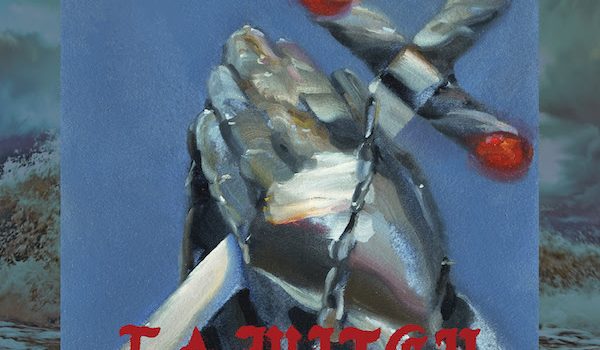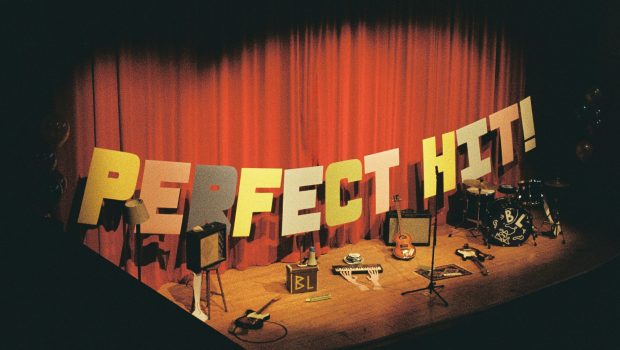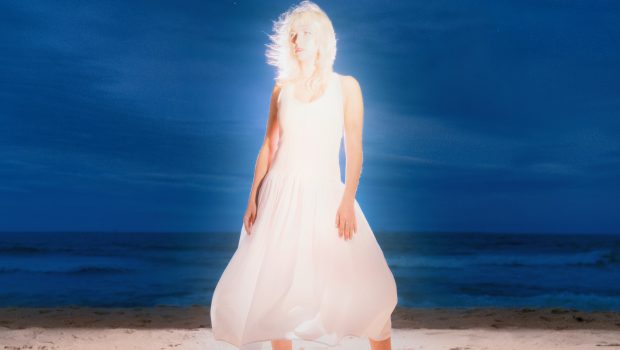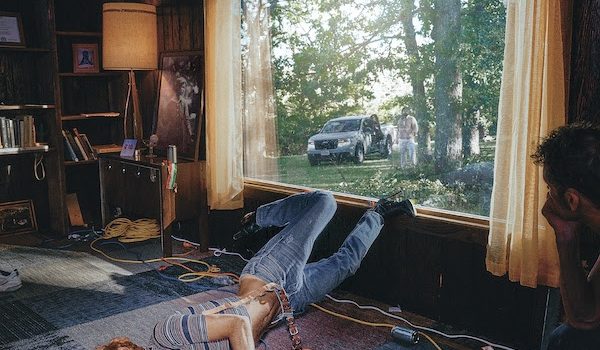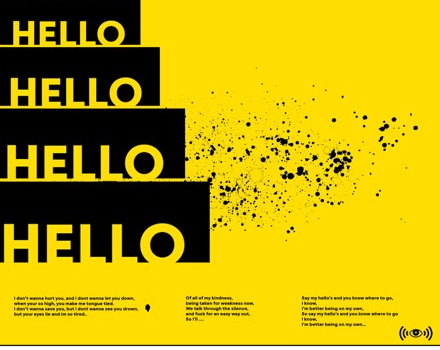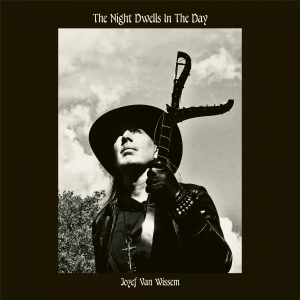 Anyone filing their record collections by genre or instrumentation might find a gap in the section for lute music. That chasm could be wisely filled by the collected works of Jozef van Wissem with ‘The Night Dwells in the Day’ being his 22nd solo album to place alongside collaborations with the likes of Jim Jarmusch and Tilda Swinton. His work is rooted in classical Renaissance and Baroque forms of lute music based on tablature notations that are so old that relatively few musicians can understand or play it but also takes in electronics, drones and field recordings together with influences from industrial and no wave music. A comparison could be drawn with how the harpist, Mary Lattimore, surrounds her traditional instrument with modern elements to occupy a space in the hinterland between old and new.
Anyone filing their record collections by genre or instrumentation might find a gap in the section for lute music. That chasm could be wisely filled by the collected works of Jozef van Wissem with ‘The Night Dwells in the Day’ being his 22nd solo album to place alongside collaborations with the likes of Jim Jarmusch and Tilda Swinton. His work is rooted in classical Renaissance and Baroque forms of lute music based on tablature notations that are so old that relatively few musicians can understand or play it but also takes in electronics, drones and field recordings together with influences from industrial and no wave music. A comparison could be drawn with how the harpist, Mary Lattimore, surrounds her traditional instrument with modern elements to occupy a space in the hinterland between old and new.
The album’s seven pieces, most of which are instrumentals, have the sort of biblical tinged titles that would not be out of place in Nick Cave’s discography and begins with its shortest composition, ‘The Devil is a Fair Angel and the Serpent a Subtle Beast’. It gives a generous idea of what is to follow with its delicately plucked lute and electronic pulse, a beguiling combination of beauty and foreboding.
‘The Call of the Deathbird’, a nearly ten-minute track, features a comparatively rare vocal from van Wissem whose booming voice is complemented by the more choral guest contribution from Hilary Woods and has its genesis in the pandemic as it conjures images of deserted streets, death and isolation. However, it would be wrong to concentrate on the gloom as the sense of darkness is merged with a compellingly fluid melody.
‘With Our Hands Our Hearts To Raise’ puts a fragile and sharp sounding lute centre stage before drone electronics rise in the mix reflecting the influence of Earth and Sunn O))) on van Wissem’s writing and his fondness for music that sustains one chord over a lengthy period. It started as a film score he was working on for Fritz Lang’s 1921 expressionist romance, ‘Der Müde Tod/ Destiny”. This mood is maintained and built on during the following track, ‘In Exile Here We Wander’, the drone becoming more elevated and the lute playing reaching a frantic crescendo.
‘Slowly the Rays of Daylight Fade’ calms the pace though the blend of lute and electronics manages to be soothing and physical, a contemplative mood that continues with the increasingly uneasy drones of ‘May the Bright Gate Welcome You’.
The closing track, ‘The Day of the Lord’, is by far the bleakest and based on an old hymn book van Wissem found. He intones about death and decay over the lute locked in with metronomic electronic loops, creating a sense of end days.
While ‘The Night Dwells in the Day’ is an album that could be accused of being relatively one-paced that adds to its mesmeric quality.
Jozef van Wissem: The Night Dwells in the Day – Out 19th January 2024 (Incunabulum Records)


